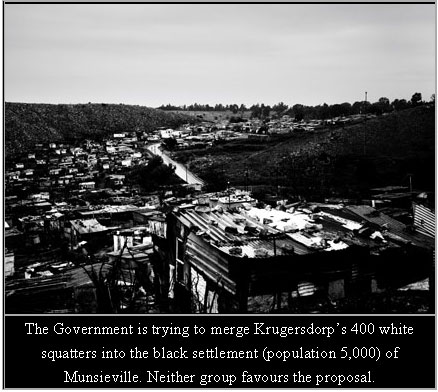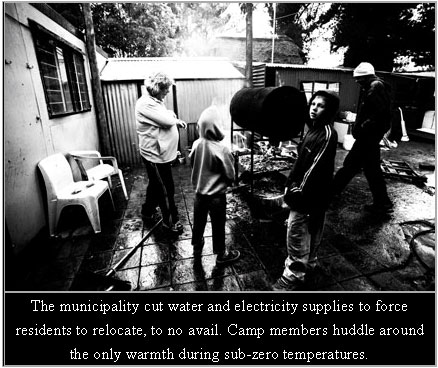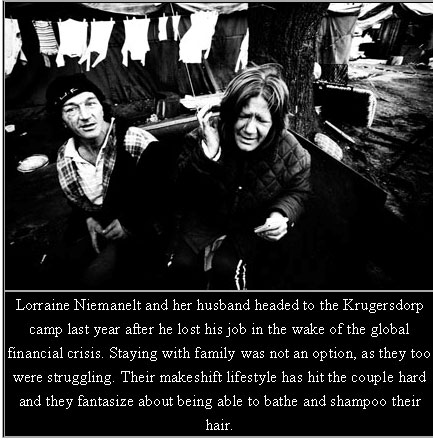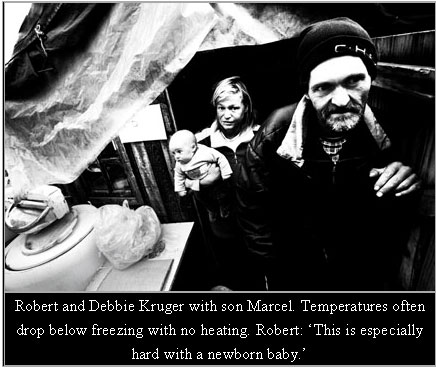
It’s been nearly two decades since South African President FW de Klerk, in an act of high political drama, stunned the world by announcing the release from detention of anti-apartheid activist Nelson Mandela. It was a watershed moment. The revered African leader’s freedom signalled the end of the hated apartheid system. Four years later, in April 1994, when the first democratic elections were held, Mandela’s party, the African National Congress, won 63 per cent of the vote.
Apartheid was built on systematic racism. White Afrikaners – descendants of 17th century Dutch and French settlers – wielded near complete political and economic power. The black majority, 80 per cent of the population, was marginalized and brutally exploited. There was an implicit promise that all whites would be guaranteed a basic minimum standard of living.
Fifteen years later, the ground has shifted. Afrikaners make up less than six per cent of South Africa’s population. Their political clout has declined, along with their economic security. Poverty has increased to the point that hundreds of Afrikaners are now living in squatter camps – as millions of their black neighbours have done for generations. There are more than 50 Afrikaner squatter camps in the Pretoria area, most tucked out of public view.
On average, white South Africans are still much richer than blacks. (Median income for whites is $11,000 compared with $2,000 for blacks.) But the number of Afrikaners at the very bottom of the income ladder is increasing. According to a Standard Bank of South Africa study, the number of whites earning less than $80 a month grew by more than 50 per cent from 2000 to 2004.
Australian photo-journalist Dean Saffron spoke to the residents of one of these squatter camps near Krugersdorp in the goldmining West Rand region, northwest of Johannesburg. More than 400 people have been occupying a slice of the municipal park for the past six years. The local municipal government in Mogale City wants the squatters to relocate to the neighbouring black settlement of Munsieville. But the impoverished Afrikaners refuse to budge, fearing they’ll fracture their small community and lose their few possessions. The Johannesburg High Court has temporarily backed them, barring the municipality from attempting forced removal.



|

